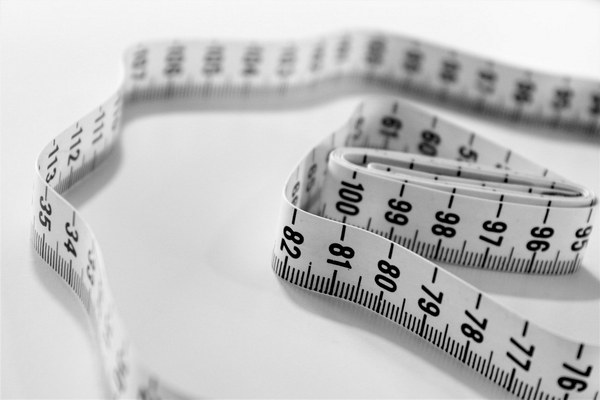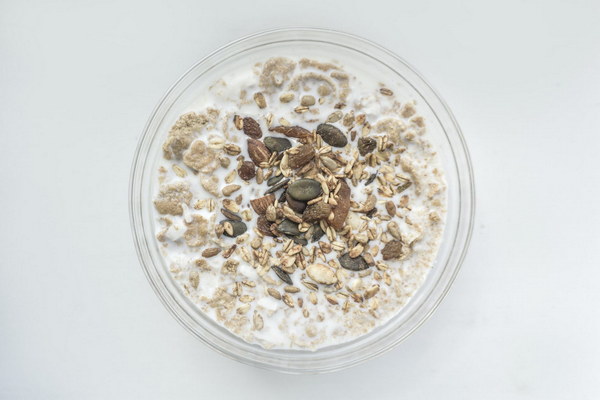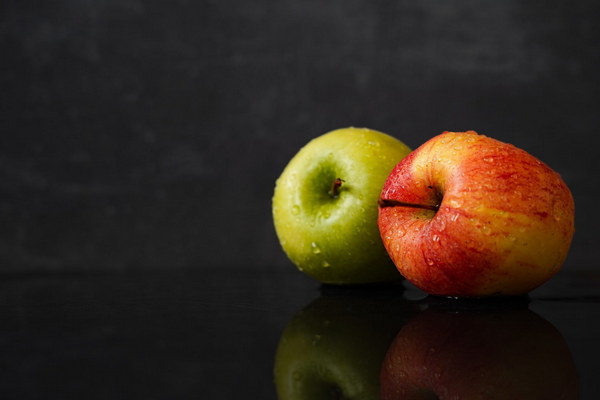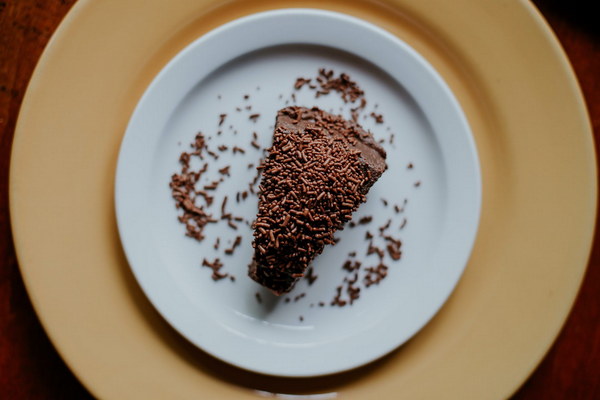Reviving Vitality A Case Study on Tonifying Qi, Blood, and Kidney Yang in Traditional Chinese Medicine
In the realm of Traditional Chinese Medicine (TCM), the concept of balancing the body's internal harmony is of paramount importance. One such case study revolves around the treatment of a patient suffering from deficiencies in Qi, Blood, and Kidney Yang. This article aims to shed light on the diagnosis, treatment, and outcomes of this unique medical scenario.
The patient, a 45-year-old male, presented with a myriad of symptoms indicative of a Qi, Blood, and Kidney Yang deficiency. His primary complaints included fatigue, weakness, low back pain, impotence, and frequent urination. Upon further investigation, the patient's tongue presented with a pale and thin coating, while his pulse was weak and thready.
The TCM diagnosis of this patient's condition was rooted in the principle of Yin and Yang imbalance. Specifically, the deficiency of Kidney Yang was causing a domino effect, leading to an insufficient supply of Qi and Blood. To address this complex issue, the treating physician prescribed a comprehensive treatment plan focusing on tonifying Qi, Blood, and Kidney Yang.
The initial phase of treatment involved the use of herbal medicine to strengthen the patient's overall constitution. The formula chosen was Liu Wei Di Huang Wan, a classical TCM preparation that aims to tonify the Kidney Yang and replenish Yin. This formula contained ingredients such as Cistanche deserticola, Rehmannia glutinosa, and Eucommia ulmoides, which have been shown to enhance renal function and improve sexual health.
In addition to herbal medicine, the patient was advised to undergo acupuncture therapy. Acupuncture is a vital component of TCM, as it helps to regulate the flow of Qi and Blood in the body. The treatment sessions focused on specific acupoints that are known to tonify the Kidney Yang and replenish Qi and Blood. These points included:
1. Kidney 3 (Ren 3): This point is located on the inner aspect of the ankle, one fingerbreadth below the medial malleolus. It is considered a key point for tonifying the Kidney and enhancing renal function.
2. Bladder 23 (Bl 23): This point is situated on the lower back, two cun (three fingerbreadths) below the lower border of the 12th thoracic vertebra. It is known for its role in tonifying the Kidney Yang and alleviating back pain.

3. Spleen 6 (Sp 6): This point is located on the medial aspect of the lower leg, three cun above the ankle. It is a vital point for tonifying the Spleen, which is responsible for producing Qi and Blood.
Following the initial phase of treatment, the patient reported significant improvements in his energy levels, back pain, and sexual function. The physician continued to monitor the patient's progress and adjusted the treatment plan as necessary. The subsequent phases of treatment involved the use of modified formulas and additional acupuncture sessions to further enhance the patient's renal health and overall well-being.
After several months of consistent treatment, the patient's symptoms had significantly improved. He reported a noticeable increase in energy levels, a reduction in back pain, and a restoration of his sexual function. The patient's tongue had also improved, with a more robust and healthy appearance, while his pulse had become stronger and more even.
This case study highlights the effectiveness of TCM in addressing complex health issues such as Qi, Blood, and Kidney Yang deficiencies. By combining herbal medicine, acupuncture, and lifestyle modifications, the treating physician was able to restore the patient's internal harmony and improve his overall quality of life.
In conclusion, the treatment of a patient suffering from Qi, Blood, and Kidney Yang deficiencies in TCM requires a comprehensive approach that addresses the root cause of the imbalance. Through the use of herbal medicine, acupuncture, and lifestyle modifications, it is possible to restore the body's internal harmony and improve the patient's overall well-being. This case study serves as a testament to the efficacy of TCM in treating a wide range of health conditions.









